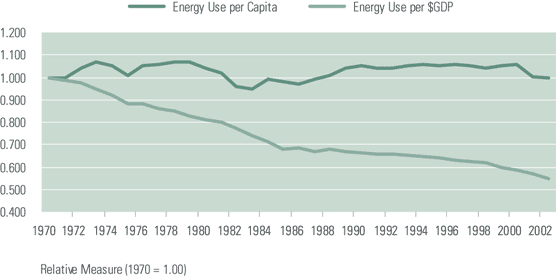The Rent-Seekers Ball
The audience -- a sold-out crowd of hundreds who had to apply to be admitted and pay a $3,500 fee -- consisted of representatives of the myriad businesses that seek to make a financial killing from climate alarmism. There were representatives of the solar, wind, and biofuel industries that profit from taxpayer mandates and subsidies, representatives from financial services companies that want to trade permits to emit CO2, and public relations and strategic consultants to all of the above.
We libertarians would call such an event a rent-seekers ball -- the vast majority of the audience was there to plot how they could lock-in profits from government mandates on taxpayers and consumers.
It was an amazing collection of pseudo-entrepreneurs who were absolutely impervious to the scientific and economic facts that ought to deflate the global warming bubble.In the interlude between presentations by the CEOs of Dow Chemical and Duke Energy, for example, the audience was shown a slide -- similar to this one -- of the diverging
relationship between atmospheric CO2 levels and average global temperature since 1998. That slide should have caused jaws to drop and audience members to ponder why anyone is considering regulating CO2 emissions in hopes of taming global climate.Instead, it was as if the audience did a collective blink and missed the slide entirely. When I tried to draw attention to the slide during my presentation, it was as if I was speaking in a foreign dialect.
The only conclusion I could come to was that the audience is so steeped in anticipation of climate profiteering that there is no fact that will cause them to reconsider whether or not manmade global warming is a reality.
But of course we all know that it is the skeptics that are corrupted by money ;=)

